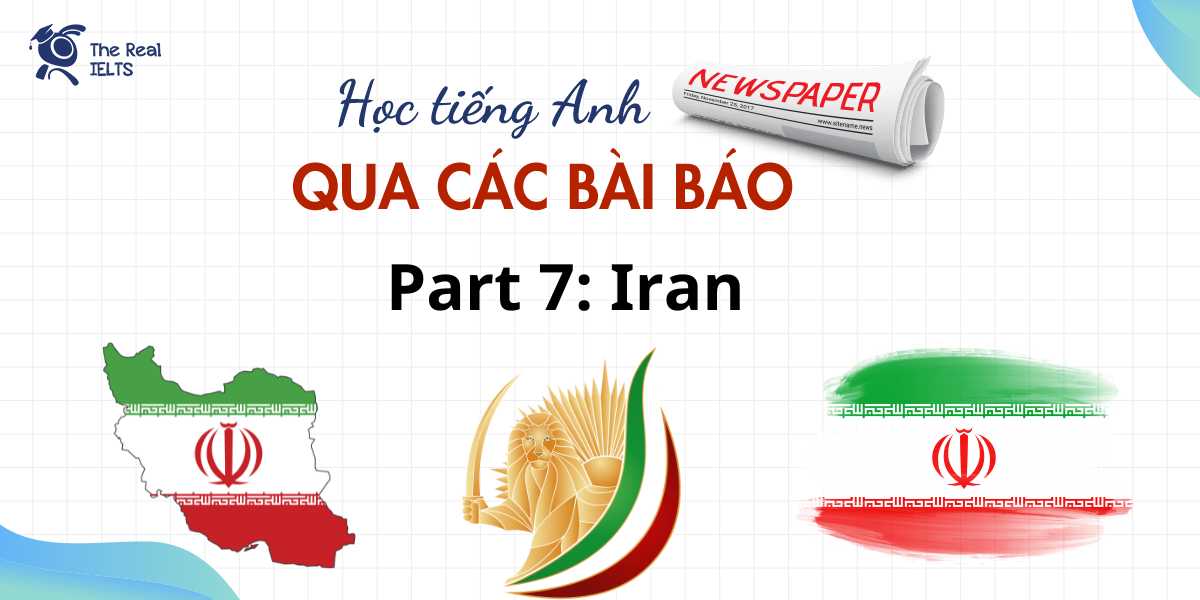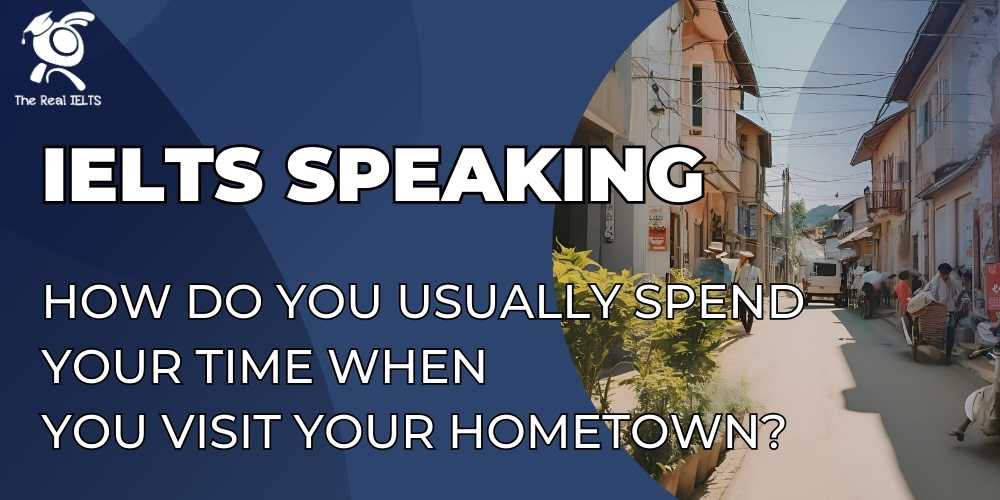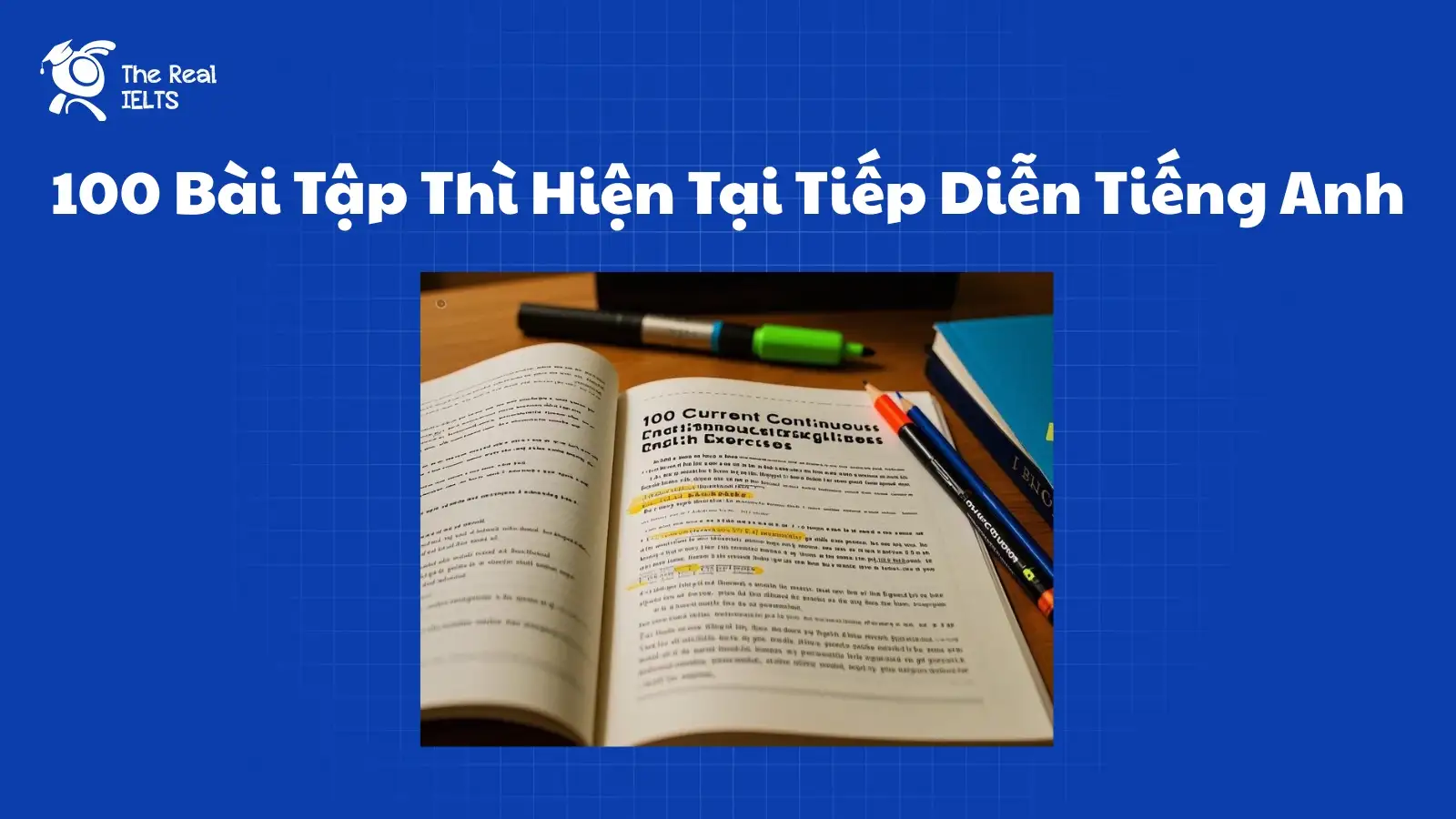Đề thi IELTS Reading có tiêu đề “The Influence of Social Movements on Political Change”
Nhớ đọc thêm các bài luyện thi IELTS nhé.
IELTS Reading:”The Influence of Social Movements on Political Change“
IELTS Reading 2024: The Influence of Social Movements on Political Change
Social movements have played a pivotal role in shaping political landscapes throughout history. From the civil rights movements in the United States to the anti-apartheid struggles in South Africa, such movements have often acted as catalysts for profound political transformations. The influence of social movements on political change is not a novel phenomenon; it has been well documented over centuries. However, the 21st century has seen a remarkable surge in these movements, facilitated by the rise of digital platforms and global interconnectedness. This development has amplified the speed and reach of social movements, allowing them to have a more immediate and widespread impact.
At the heart of many social movements is the desire for social justice, equality, and reform. These movements often arise in response to perceived political or social injustices and seek to rectify imbalances in power or resources. One prominent example is the feminist movement, which has significantly shaped gender policies and legislation across the globe. Feminists have worked tirelessly to push for laws that ensure gender equality, including equal pay, reproductive rights, and protection against gender-based violence. Through protests, advocacy, and grassroots efforts, the feminist movement has helped to establish new norms that prioritize the rights and dignity of all genders.
In addition to gender equality movements, environmental movements have gained substantial momentum over recent decades. As the threat of climate change becomes increasingly urgent, environmental groups have called for drastic changes in governmental policies and industrial practices. The Green Movement, for example, has influenced political change by advocating for the implementation of renewable energy sources, stricter environmental regulations, and sustainable economic practices. These movements have spurred global discussions and have even led to the formation of political parties centered on ecological and environmental justice, as seen in countries like Germany with the rise of the Green Party.
Social movements can exert their influence in various ways. One of the most common methods is through public protests and demonstrations. These events serve not only to raise awareness but also to pressure political leaders into action. The Arab Spring, a series of protests that spread across the Middle East and North Africa in the early 2010s, is a case in point. Beginning in Tunisia, the Arab Spring quickly escalated into a wave of protests demanding democratic reforms and an end to authoritarian rule. In some countries, such as Tunisia and Egypt, these protests led to significant political changes, including the overthrow of long-standing leaders. However, in other countries like Syria, the consequences of these movements have been more complex, leading to prolonged conflict and civil unrest.
The role of social media in modern social movements cannot be overstated. Platforms like Twitter, Facebook, and Instagram have provided activists with tools to communicate, organize, and mobilize large groups of people at an unprecedented scale. The Black Lives Matter (BLM) movement, which emerged in response to police violence against Black individuals in the United States, gained worldwide attention and support largely due to its strong online presence. Hashtags like #BlackLivesMatter became rallying cries, not just in the U.S., but across the globe. The movement’s ability to spread its message internationally has led to heightened discussions around systemic racism, prompting policy changes and new legislation in several countries.
While social movements often advocate for positive change, they can also face significant challenges. Governments may resist these movements, using force or legal measures to suppress dissent. In extreme cases, this resistance can lead to violent confrontations, as seen during the Tiananmen Square protests in 1989. The Chinese government’s brutal crackdown on pro-democracy protesters highlighted the dangers faced by social movements in authoritarian states. Despite such challenges, social movements often leave an indelible mark on the political landscape, even if their immediate goals are not fully realized.
Another significant impact of social movements is their ability to reshape political discourse. Movements can introduce new ideas, challenge existing ideologies, and shift the focus of political debates. The LGBTQ+ rights movement, for example, has transformed the global conversation on sexuality and gender. Over the past few decades, activists have successfully pushed for the legalization of same-sex marriage, anti-discrimination laws, and the recognition of non-binary identities in many parts of the world. These achievements have altered political discussions, making issues of sexual orientation and gender identity central to human rights debates.
Social movements also play a role in holding governments accountable. By organizing protests, petitions, and awareness campaigns, they ensure that politicians cannot ignore pressing social issues. The Extinction Rebellion movement, known for its disruptive yet peaceful tactics, has pressured governments worldwide to address the climate crisis with more urgency. Through mass protests and acts of civil disobedience, the movement has demanded action on environmental degradation, leading to policy discussions in the United Kingdom and beyond about climate emergencies and the reduction of carbon emissions.
In conclusion, the influence of social movements on political change is undeniable. Whether advocating for civil rights, environmental protection, gender equality, or democratic reforms, these movements have historically driven significant political shifts. In today’s hyper-connected world, social movements are more powerful than ever, capable of organizing on a global scale and influencing international political discourse. However, the road to political change is not without its obstacles. Governments may resist or suppress movements, and not all social movements succeed in achieving their immediate goals. Nonetheless, the legacy of social movements continues to shape political landscapes, driving progress toward a more just and equitable world.
Đề bài thi IELTS Reading
Multiple Choice Questions (MCQs)
- What is the main role of social movements according to the passage?
- A. To overthrow governments
- B. To initiate political changes
- C. To promote social unity
- D. To raise funds for charity
- Which of the following is an example of a movement advocating for gender equality?
- A. The Black Lives Matter movement
- B. The Arab Spring
- C. The feminist movement
- D. The environmental movement
- How has the 21st century changed the nature of social movements?
- A. They have become less effective.
- B. They have become more global.
- C. They focus only on local issues.
- D. They are primarily driven by governments.
- What was a major outcome of the Arab Spring in Tunisia?
- A. It led to civil war.
- B. It resulted in new environmental policies.
- C. It led to the overthrow of the government.
- D. It initiated gender reforms.
- Which platform is mentioned as helping spread social movements worldwide?
- A. Television
- B. Twitter
- C. Radio
- D. Newspapers
- How did the LGBTQ+ movement impact political discussions globally?
- A. It initiated a war.
- B. It pushed for environmental reforms.
- C. It changed debates on human rights.
- D. It prevented legal reforms.
- What does the passage suggest about governments’ reactions to social movements?
- A. They always support them.
- B. They may resist or suppress them.
- C. They usually ignore them.
- D. They often lead them.
- What was a result of the Extinction Rebellion movement?
- A. Overthrow of a government.
- B. Climate emergency declarations.
- C. Legalization of same-sex marriage.
- D. Increased military spending.
- What helped Black Lives Matter gain global attention?
- A. Public speeches
- B. Social media hashtags
- C. International conferences
- D. Government support
- What is one reason social movements can fail?
- A. They are always met with violence.
- B. They lack enough support.
- C. Governments may resist change.
- D. They never have clear goals.
True/False/Not Given
- The feminist movement has been completely successful in achieving gender equality worldwide.
- True
- False
- Not Given
- Social movements have only emerged in the 21st century.
- True
- False
- Not Given
- The passage claims that the Arab Spring successfully ended all authoritarian regimes in the Middle East.
- True
- False
- Not Given
- The Green Party is an example of a political party that arose from an environmental movement.
- True
- False
- Not Given
- The LGBTQ+ movement has faced no resistance from governments.
- True
- False
- Not Given
Yes/No/Not Given
- The author believes that social movements are essential for political change.
- Yes
- No
- Not Given
- The author suggests that digital platforms have weakened social movements.
- Yes
- No
- Not Given
- The author believes that all social movements lead to positive outcomes.
- Yes
- No
- Not Given
- The author suggests that social media has created more division than unity in social movements.
- Yes
- No
- Not Given
- The author believes that governments are the primary drivers of social movements.
- Yes
- No
- Not Given
Matching Information
- Match the following social movements with their goals or impacts:
- A. Feminist movement
- B. Arab Spring
- C. Black Lives Matter
- D. Extinction Rebellion
- Overthrow of authoritarian regimes
- Climate emergency declarations
- Equal rights for women
- Awareness of racial injustices
- Match the following social movements with the methods they used:
- A. Arab Spring
- B. Black Lives Matter
- C. Extinction Rebellion
- Civil disobedience
- Social media campaigns
- Public protests
Matching Headings
23-27. Match the following sections of the passage with the appropriate headings:
- A. The role of social media in modern movements
- B. The feminist movement and gender equality
- C. Environmental movements and political influence
- D. Challenges faced by social movements
- E. Historical context of social movements
- Paragraph 1
- Paragraph 3
- Paragraph 5
- Paragraph 6
- Paragraph 8
Sentence Completion
- The feminist movement has advocated for __________, reproductive rights, and protection against gender-based violence.
- The Arab Spring led to the overthrow of long-standing leaders in countries such as __________ and __________.
- The Extinction Rebellion movement has pressured governments to __________.
- Social movements can introduce new ideas, challenge existing ideologies, and __________.
- The Black Lives Matter movement gained international recognition due to its strong presence on __________.
Summary Completion
33-36. Complete the summary using words from the passage.
Social movements have historically been __________ for political change. In recent years, the rise of __________ has allowed movements like Black Lives Matter to gain worldwide attention. However, movements can face resistance from __________, and not all of them achieve their __________ goals.
Short Answer Questions
- What is one way social movements exert influence over political leaders?
- Name a social movement that used social media to spread its message internationally.
- What did the Green Movement advocate for?
- What was the main goal of the feminist movement mentioned in the passage?
Đáp án bài thi IELTS Reading
Multiple Choice Questions (MCQs)
- B – To initiate political changes
- C – The feminist movement
- B – They have become more global.
- C – It led to the overthrow of the government.
- B – Twitter
- C – It changed debates on human rights.
- B – They may resist or suppress them.
- B – Climate emergency declarations.
- B – Social media hashtags
- C – Governments may resist change.
True/False/Not Given
- False – The feminist movement has not achieved complete gender equality worldwide.
- False – Social movements existed long before the 21st century.
- False – Not all authoritarian regimes were overthrown in the Arab Spring.
- True – The Green Party arose from the environmental movement.
- False – The LGBTQ+ movement has faced resistance from some governments.
Yes/No/Not Given
- Yes – The author believes social movements are essential for political change.
- No – The author suggests digital platforms have strengthened social movements.
- No – The author acknowledges that not all social movements lead to positive outcomes.
- Not Given – The passage does not discuss division vs. unity in social movements due to social media.
- No – The passage suggests social movements are driven by the public, not governments.
Matching Information
- A. Feminist movement → 3. Equal rights for women
- B. Arab Spring → 1. Overthrow of authoritarian regimes
- C. Black Lives Matter → 4. Awareness of racial injustices
- D. Extinction Rebellion → 2. Climate emergency declarations
- A. Arab Spring → 3. Public protests
- B. Black Lives Matter → 2. Social media campaigns
- C. Extinction Rebellion → 1. Civil disobedience
Matching Headings
- E – Historical context of social movements
- B – The feminist movement and gender equality
- A – The role of social media in modern movements
- C – Environmental movements and political influence
- D – Challenges faced by social movements
Sentence Completion
- equal pay
- Tunisia, Egypt
- address the climate crisis
- shift the focus of political debates
- social media
Summary Completion
- catalysts
- digital platforms
- governments
- immediate
Short Answer Questions
- Through public protests and demonstrations
- Black Lives Matter
- Renewable energy sources and environmental justice
- Gender equality
Luyện tập bài khác ở bài viết:”100 bài luyện IELTS Reading 2024 – 2025“















